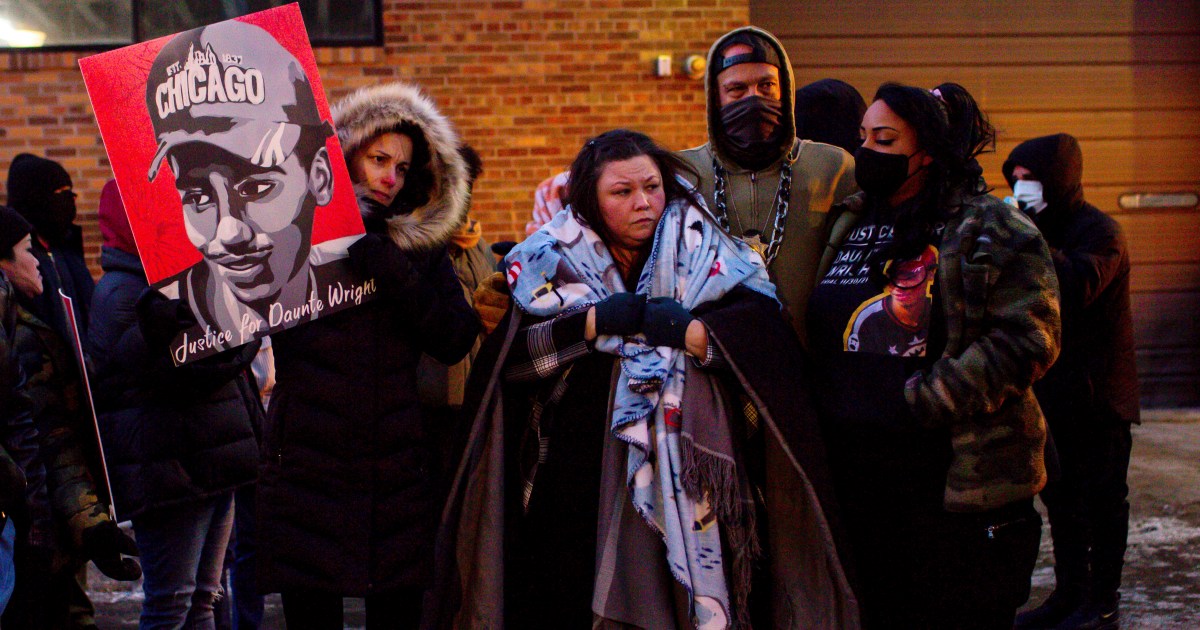
Officials from Brooklyn Center have decided to compensate the family of Daunte Wright with $3.2 million. The black man was shot to death by a police officer who confused her gun with a taser.
City to compensate for the death of Daunte Wright
Daunte Wright, a 20-year-old died in April 2021. Kim Potter, a white officer stopped Wright for driving with expired registration tags. She shot him once in the chest. Before firing her pistol, Potter is seen on camera repeatedly saying “Taser.”
In the video, she says “I just shot him” to two officers. “It is my belief that the officer had the intention to deploy their Taser but instead shot Mr. Wright with a single bullet,” stated Tim Gannon. Gannon is the Chief of the Brooklyn Center Police Department.
According to a statement from representatives for Wright’s family, the provisional settlement also includes modifications to police training and procedures concerning traffic stops similar to the one that led to Wright’s death.
The family “hope and believe the measures of change to policing, policies, and training will create important improvements to the community in Daunte’s name,” according to co-counsel Antonio M. Romanucci. “Nothing can bring him back, but the family hopes his legacy is a positive one and prevents any other family from enduring the type of grief they will live with for the rest of their lives,” he added.
More on police killings in the US
George Floyd‘s passing in May 2020 started a discussion on racism and police brutality. Derek Chauvin, a former Minneapolis police officer, is on trial for killing Floyd.
Kim Potter was sentenced to two years in prison for the killing of Daunte Wright. The imprisonment is following charges of being guilty of first and second-degree manslaughter.
The repercussions of Wright’s death prompted the Brooklyn center’s council for adopting improvements. Soon, facilities such as the utilization of social workers and other qualified experts to react to medical, mental health, and social needs calls without the need for police.
